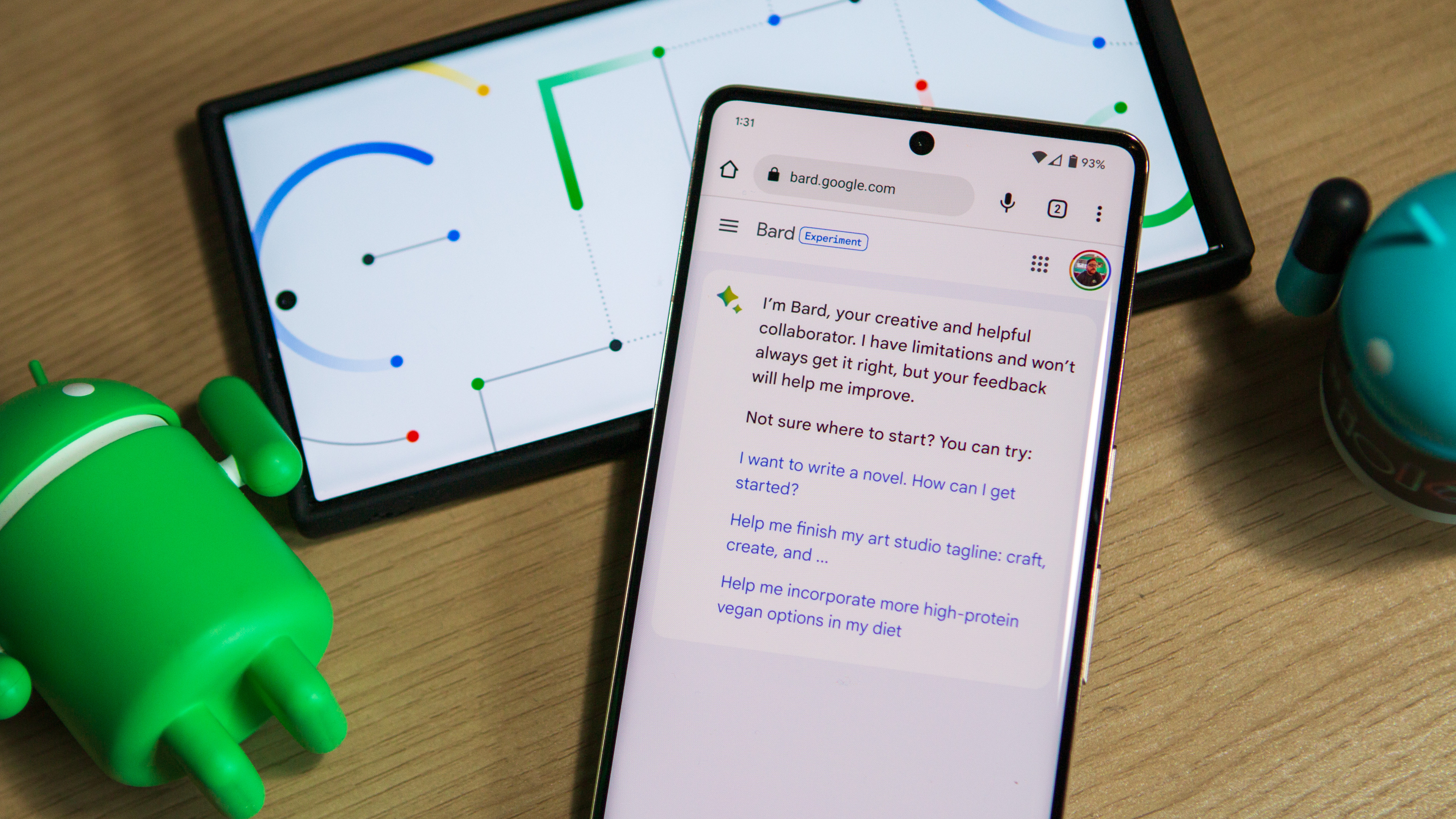
What you need to know
- Google CEO Sundar Pichai says the company will eventually add an AI chatbot to its search engine.
- The Google Search-based chatbot could function similarly to Microsoft's Bing Chat, though it is unclear whether it will be based on Bard.
- Following the rapid rise of ChatGPT, Google has been rushing to incorporate generative AI into its services such as the Workspace apps.
As the AI arms race continues to pick up steam, it's no wonder that tech giants like Google are rushing to shift resources to AI-powered search functionalities. After announcing its ChatGPT rival Bard and new generative AI features on Workspace apps, Google is looking to supercharge its search engine with an AI chatbot.
In an interview with The Wall Street Journal, CEO Sundar Pichai confirmed that Google Search's AI chat is in the works, without giving specifics about when it will become public.
The move follows the launch of Microsoft's new ChatGPT-powered Bing AI in February, bolstering its long-derided search engine by going all in on AI-driven searches. A month later, Bing's daily active users skyrocketed to 100 million. But Microsoft isn't done yet; SwiftKey Beta on Android has recently received the same AI treatment, allowing users to chat with Bing AI directly from one of the best keyboard apps and even rephrase their sentences with tonal assists.
On the other hand, Bard, Google's response to the AI broadsides of its rivals, faced criticism at the outset after a former Google AI engineer claimed that it was trained using ChatGPT data. Mountain View was quick to refute the claim, stating that Bard is built on its LaMDA language model, which has been at the heart of its conversational AI efforts for quite some time.
There's no indication, though, that Bard will be an integral part of Search's upcoming AI chatbot. At the moment, it is separate from the search engine, and you can join the waitlist to gain access when it goes live.
"Will people be able to ask questions to Google and engage with LLMs (large language models) in the context of search? Absolutely," Pichai told WSJ, in reference to the language models fueling AI chatbots.
Pichai also told the WSJ that other AI-based search capabilities are in the pipeline as well, including the ability to ask follow-up questions after typing in a query. Search's traditional design is to return links after users punch in their questions. It appears that the incoming AI chatbot will drift away from link-based search results.
Time will tell whether Google's AI response is sufficient to address the threats to its search business that are coming from all sides.







